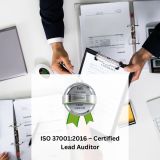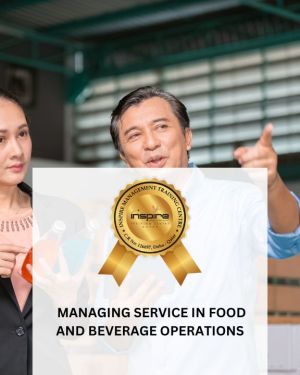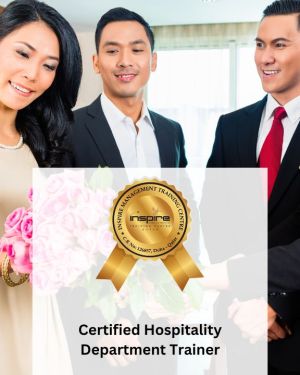Objectives:
At the completion of this course, students should be able to:
1. List tips and cautions for organizations that embark on large-scale organizational change,
and describe the four major steps of the change process.
2. Describe the traditional functions of management (planning, organizing, coordinating,
staffing, directing, and controlling), and explain why a gap exists between them and the
actual behavior of managers.
3. Describe the dominant contemporary views of leadership.
4. Summarize William Edwards Deming’s 14 points for management and describe his ideas
about leadership and management.
5. Describe Joseph Juran’s notions and definitions of quality and detail the basic elements of
quality management using Juran’s approach.
6. Explain the four fundamental steps of a continuous – improvement process, and identify and
describe tools commonly used in the process.
7. Describe the types and sources of organizational and personal power, the typical responses
to each type of power, and methods to enhance power and build alliances.
8. Identify seven myths about communication, outline the communication process, and
describe barriers to effective communication.
9. Explain the importance and nature of goal-setting in an organization, describe the nature of
and need for coaching in today’s hospitality organizations, and list guidelines that can help
managers handle organizational conflict.
10. Describe forces of change that have made team – building a high priority for many
hospitality organizations, and describe the stages a work team goes through during its
development.
11. Identify the ways in which the work force is changing and how it is becoming more diverse.
12. Explain how organizations can foster diversity in the workplace.
13. Create a personal vision statement after analyzing yours kills, interests, values, and
personality type; and identify ways to choose an occupation and implement your career
choice.
14. Discuss ethics and identify common ethical issues in the hospitality industry.








